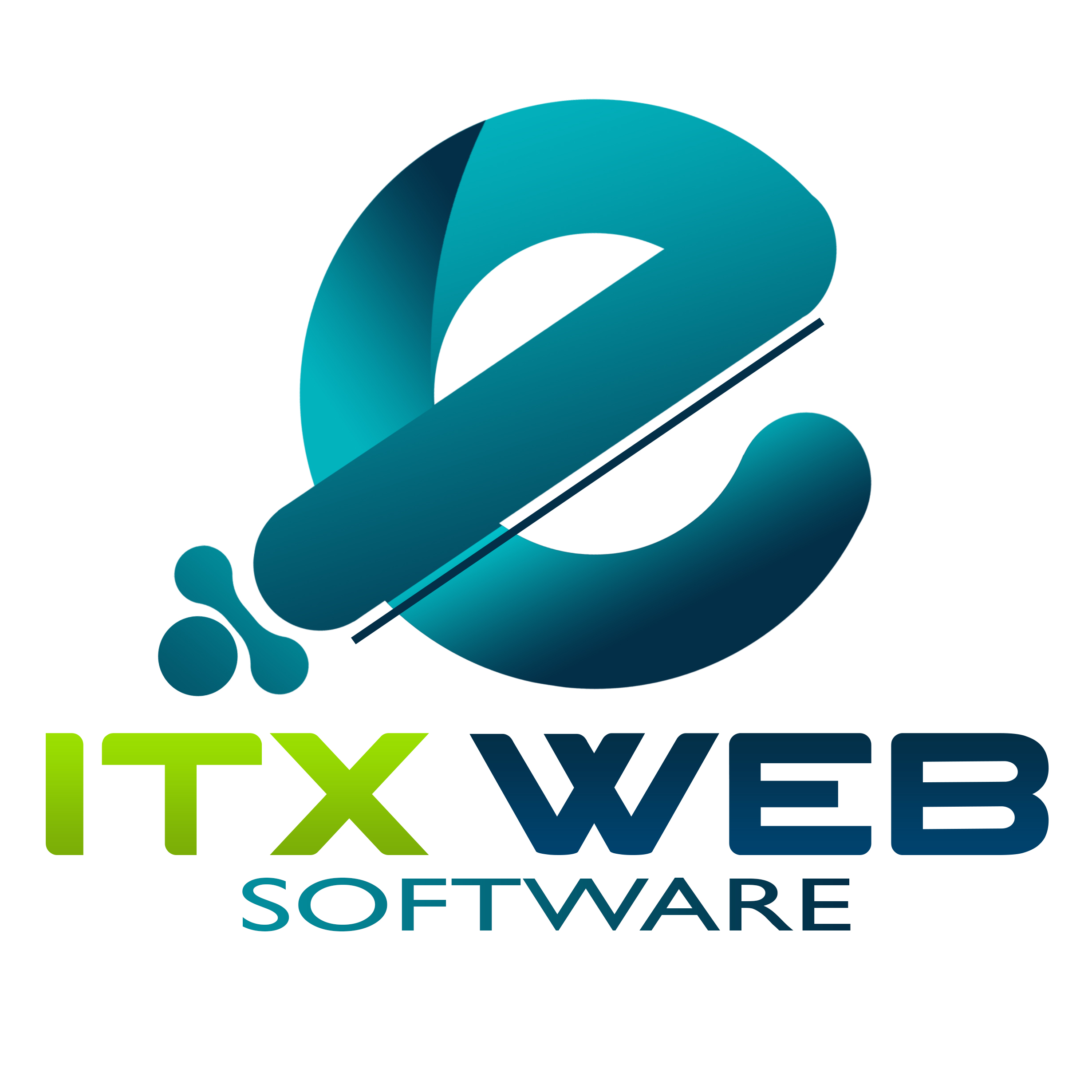Developers must showcase their financial acumen and transparency to secure real estate financing. Utilizing real estate accounting best practices can effectively be the cornerstone of this trust. Building trust and enhancing reputation are vital for success in the real estate industry. These practices solidify market reputation and showcase financial stability. Staying updated with tax codes, understanding property tax implications, and collaborating with tax professionals are essential.
Compliance with Real Estate Financial Regulations
- Not merely a list of numbers, it encapsulates expense management, payroll processing, client invoicing, and bill payment.
- For real estate investors and property managers, properly handling bookkeeping is essential for success.
- Accurate error management drives financial transparency and stakeholder trust.
- Smaller commercial real estate firms, however, have fewer resources and aren’t as well-positioned to continue investing in construction projects.
- This section highlights these common errors and offers solutions to prevent them.
- For example, using chatbots to answer renters’ simple questions and route more complex questions to appropriate professionals can lower costs while saving time and effort.
Northern Virginia; Austin, Texas; Atlanta, Georgia; and Columbus, Ohio are just a few examples of locations tech companies are eyeing for possible data centers. Biometric data has serious privacy implications and employees may have concerns around how their private information is being used, stored, and protected. If a construction company experiences a data breach, for example, employees could have their biometric data stolen, putting them at risk of identity theft. Let Profitjets alleviate the bookkeeping burden so you can spend more time finding new opportunities.
Let’s Discuss Your Real Estate Accounting Needs
You can use this information to make tax payments and prepare the business owner for a potential audit. Job costing is a special feature of construction bookkeeping that some find useful. It need not be explained that the costs of each job containing the cost of materials, labor cost, equipment cost, and cost of non-ownership subcontractors are specific. The real estate industry is subject to a myriad of regulations and tax laws that can be construction bookkeeping complex and ever-changing.
Evaluating Market Trends and Data
At the same time, we expect to see the introduction of more legislation governing how employers use, manage, store, and protect biometric data. AI can also be used to improve safety, streamline project management, and address labor shortages. Already we’ve seen the benefits a company may achieve by leveraging AI. Now is an ideal time for slower adopters, like the construction industry, to make their move. For accounting professionals managing multiple real estate clients, our Bookkeeping for CPAs can streamline operations and make handling multiple accounts more efficient.
Maintaining Transparency in Transactions
Lease agreements are contractual commitments between property owners and tenants. Accurate documentation of these agreements is crucial for financial clarity. Real estate accounting involves tracking every rent collection against these agreements.
Optimizing Investment Returns
Implementing these strategies can lead to better financial clarity and decision-making. Ultimately, streamlined accounting processes drive business growth and profitability. Encouraging these sessions is crucial for consistent financial reporting. Accurate team training drives consistency in financial reporting and stakeholder trust.
- Recognizing these correctly ensures that financial statements reflect true expense patterns.
- Regular reviews and updates ensure that the data remains current and accurate.
- This method offers accurate financial reporting and ensures project costs align with revenue generation.
- Comprehensive job costing tools for tracking costs across multiple job sites and departments.
- Pramod has over 11 years of experience relating to finance and accounts in diversified industries.
Recognizing and accounting for indirect costs is crucial for a construction business to ensure accurate job costing and project profitability. In the real estate industry, developers need to keep track of their development operations meticulously. A sound accounting system, tailored for real estate activities, is paramount. Developers use accounting software as a critical part of their toolkit, ensuring timely accounts payable and receivables tracking. This software aids in simultaneous tracking of real costs while also continuing to find ways to reduce costs in the vendor procurement process. Having key accounts segregated simplifies the financial analysis of projects.
Real estate firms, meanwhile, may see the greatest immediate benefit by using AI to streamline communication. For example, using chatbots to answer renters’ simple questions and route more complex questions to appropriate professionals can lower costs while saving time and effort. For property management firms overseeing bookkeeping for multiple properties simultaneously, Profitjets offers streamlined solutions and discounted pricing.



